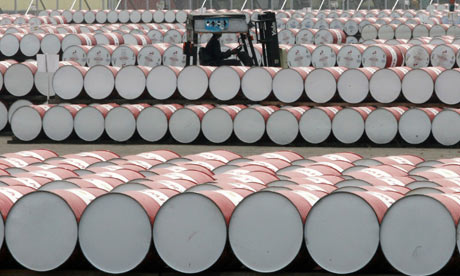The Egyptian Natural Gas Holding Company (EGAS) organised a workshop to support the teams of the natural gas delivery project for homes, which is funded by the European Union, the French Agency for Development, and the World Bank.
The project is being implemented within the framework of the gas delivery programme for homes in different governorates of Egypt in order to maximise the number of the project’s beneficiaries. The European Union allocated a grant of €68m for the project, including €40m for the most vulnerable social classes, targeting 450,000 clients.
The project aims at improving and securing access to clean energy by providing better quality energy services and contributing to improving the living standards of citizens in order to address the main issues in the energy sector and boost economic development in Egypt. This project is complementary to the petroleum sector programme in the direction of clean energy for all Egyptians and the delivery of natural gas to most homes in Egypt.
Across its phases, the project includes a number of mechanisms, including institutional strengthening. EGAS is experiencing a resource development plan to enhance the quality of reports and improve transparency. This phase is expected to cost €10m.
This system will help in planning the EGAS’ resources and thus better integrate all its operations and activities into a unified system based on a fixed data flow.
In addition, it helps set a strategy for the IT sector and build an integrated system to run resources and assets. The plan to restructure EGAS is also expected to be completed by the end of the year.
Furthermore, a unified information network was launched within the framework of the Petroleum Sector Development and Modernisation Programme to achieve a real link between the Egyptian General Petroleum Company (EGPC) and other holding companies to improve data sharing and analysis.
It also aims at automating the linking of daily production data and reports to a number of major companies producing crude oil and natural gas with the EGPC, thus contributing to the activation of the linkage and integration of data in the sector with the support of the targeted link between resource management systems.
The implementation of institutional reforms regarding natural gas is an essential component of the Ministry of Petroleum and Mineral Resources’ strategy to ensure the sustainability of the sector.




